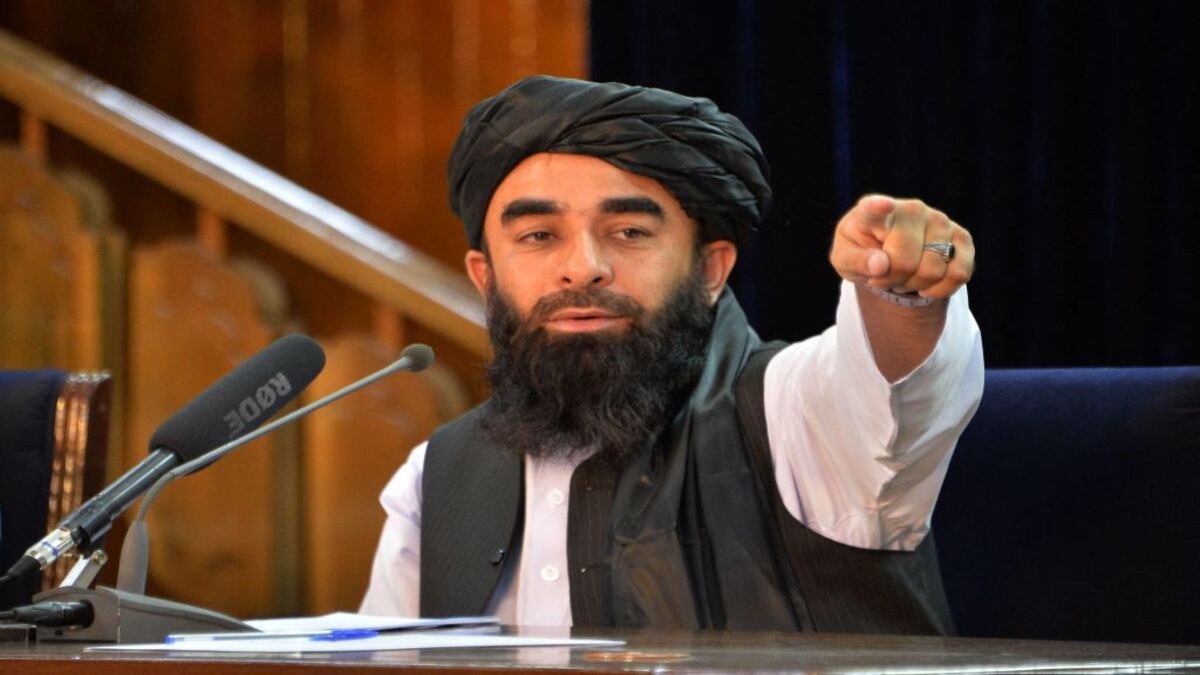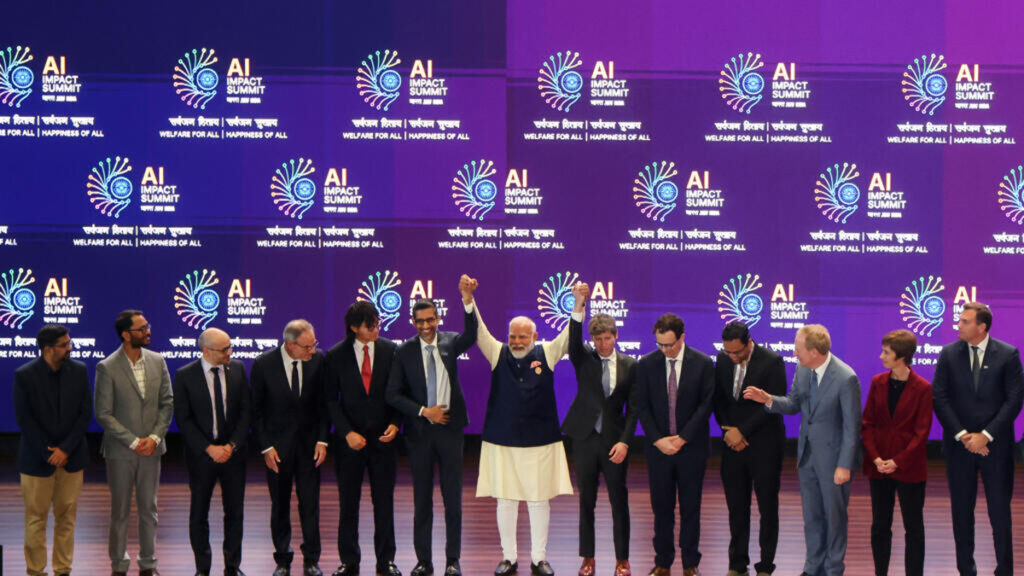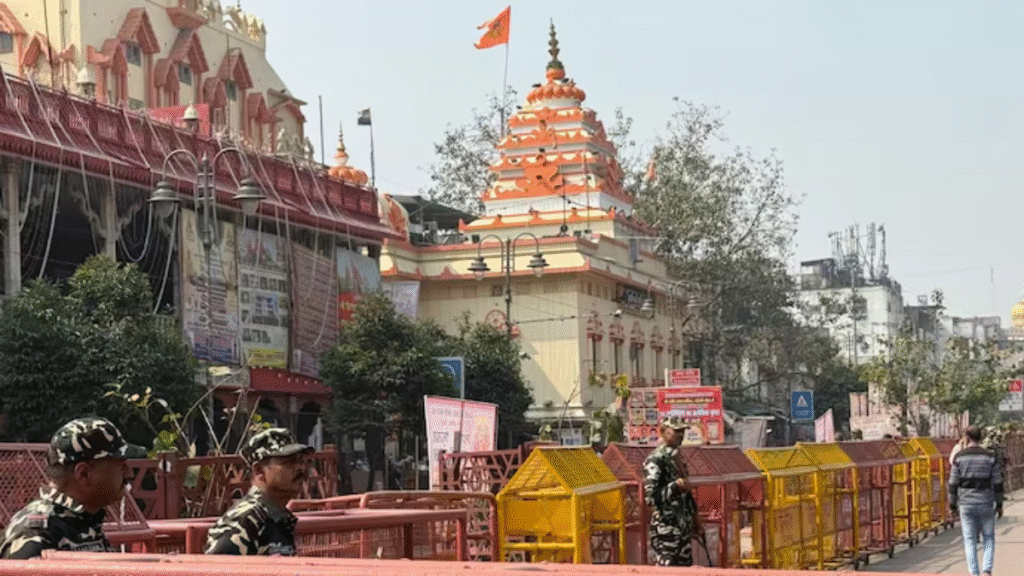Now Reading: Taliban Minister’s ‘Men-Only’ Presser Sparks Outrage; MEA Clarifies
-
01
Taliban Minister’s ‘Men-Only’ Presser Sparks Outrage; MEA Clarifies
Taliban Minister’s ‘Men-Only’ Presser Sparks Outrage; MEA Clarifies

The Ministry of External Affairs (MEA) of India has clarified that it had “no involvement” in the press interaction held by the visiting Afghan Foreign Minister, Amir Khan Muttaqi, in New Delhi, after the event sparked a significant controversy over the exclusion of women journalists. The press conference, which took place at the Afghan Embassy following high-level bilateral talks, was reportedly restricted to a handful of male journalists, drawing sharp criticism from across the political spectrum and the media fraternity in India.
In a concise statement, the MEA sought to distance itself from the incident, asserting, “MEA had no involvement in the press interaction held yesterday by the Afghan FM in Delhi.”
The controversy erupted after female journalists reported that they were denied entry to the press conference. Sources indicate that the decision regarding the list of invitees was made by the Taliban officials accompanying Minister Muttaqi, despite suggestions from the Indian side that participation should be broad-based and include women reporters. The incident is seen as a reflection of the discriminatory policies towards women enforced by the Taliban regime in Afghanistan, which has faced sustained global condemnation for restricting women’s rights to education, employment, and public life.
The exclusion of women journalists on Indian soil immediately ignited a strong reaction from opposition leaders and political commentators. They condemned the act as a “shameful affront” to women’s rights and questioned the Indian government’s conduct in allowing such a discriminatory practice to occur during a diplomatic visit.
Opposition figures demanded a clarification from the government, suggesting that acceding to the Taliban’s “primitive mores” was disappointing and insulting to India’s women professionals. One senior leader expressed “shock and disappointment,” even suggesting that male journalists should have walked out in solidarity with their female colleagues.
During the press interaction, which focused on regional issues, humanitarian assistance, and bilateral ties, Minister Muttaqi sidestepped a direct question about the plight of women in Afghanistan. He stated that every country has its own customs, laws, and principles that should be respected, while claiming that the overall situation in Afghanistan has improved since the Taliban takeover in August 2021.
Despite the diplomatic engagement, which also saw India announce an upgrade of its Technical Mission in Kabul to the status of an Embassy, the row over the exclusion of women journalists dominated the conversation, underscoring the delicate balance New Delhi is attempting to strike in its pragmatic engagement with the Taliban while navigating human rights concerns. The MEA’s brief statement, while aimed at deflecting responsibility for the press conference’s management, has not entirely quieted the political and public outrage.










